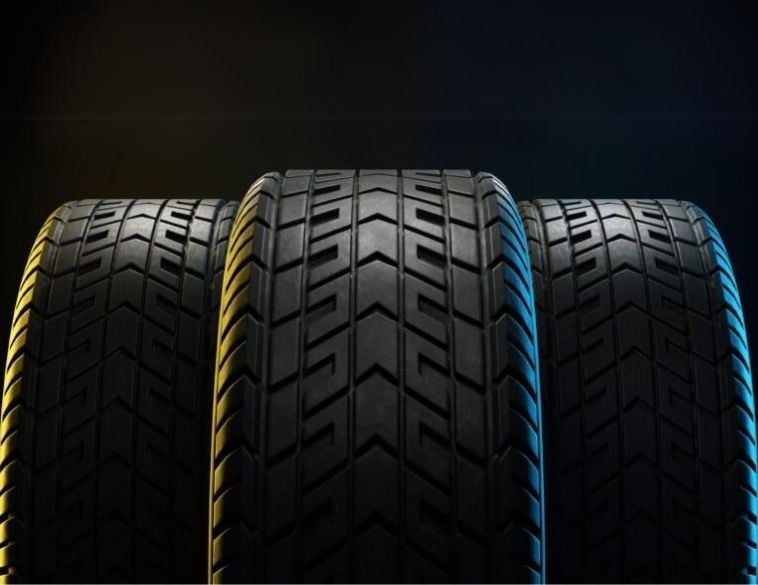Commercial sector technicians are a breed apart.
Working on the big rigs—earthmovers, farm and off-the-road tires that can weigh thousands of pounds—is the Wild West of tire technician employment. It carries the potential both for great rewards and catastrophic injury, but for those who suit its unique environment, it can be a satisfying lifetime career. Both for employers and employees, it takes careful assessment of some of its unique considerations to discern suitability and plan for success.
“You have to accept that once you get out of the passenger vehicle/light truck retail tire, you’re dealing with weight,” says Kevin Rohlwing, Senior V-P of Training for the Tire Industry Association. “Everything is bigger and heavier. Tires, rims, wheels, components, everything is more physically demanding. Retail tire service is more about precision because you’re dealing with speciality rims, and consumers don’t like scratches.” As a result, safety risks to technicians on the retail side are minimal, but from lifting to rollovers to simple inflation, the risks on the earthmover side are significant.
Autonomous workforce
Another key difference is autonomy in the workplace. “You have to have a certain degree of self-management capability [in the commercial sector],” Rohlwing says. “In a road service truck, there’s no one there but you.” Although they work alone, commercial technicians often have more customer contact than retail shop technicians, who generally stay in the back.
Rohlwing says he has found that retention is actually easier on the commercial side, and guesses that the rollover rate is probably a little higher in retail. He chalks it up to what he calls “time behind the glass.”
“When you’re in retail and your shop is busy, it’s a steady stream of cars. Road service guys get a break between customers where maybe they’re driving for half an hour,” he says. “These guys tend to like their time behind the glass.” He says they also tend to like the independence and, naturally, that because the tickets are bigger and the margins are better, their paycheques are better too.
Physical stamina
Although he says a good attitude is never a bad thing, he’s more concerned with physical strength. “It’s good if you have customer service skills—it does make you more valuable—but when you’re lifting 200-pound tires and wheel assemblies all day long, that puts physical strength ahead of everything else.” Next is a good driving record. “You’re no use to me without it,” he says. “If you can’t operate a service truck, if I can’t get you insured, you’re a shop guy, and those positions are limited.”
Successful hiring boils down to being frank, he says. “Honesty is the best thing. It’s a physical job, but you will have your own truck and little supervision, and you’ll make good money. But you take the good with the bad. Sometimes it’s a 15-minute drive for a four-hour job, and in bad weather, it’s no fun. When it’s cold, you’re cold. When it’s wet, you’re wet. If a truck breaks down in the mud, you’re going to be muddy. If a manure spreader breaks down, guess what you’re working in?
“It’s hard work. This stuff is heavy. It’s physically demanding. If you’re not comfortable with those demands and the elements, earthmovers/farm tires are not for you. Be upfront with a prospect before you take the time and make the effort and investment to get them trained. It’s not an easy job,” he says. “But if you can do it well, you’ll never be out of work.”


